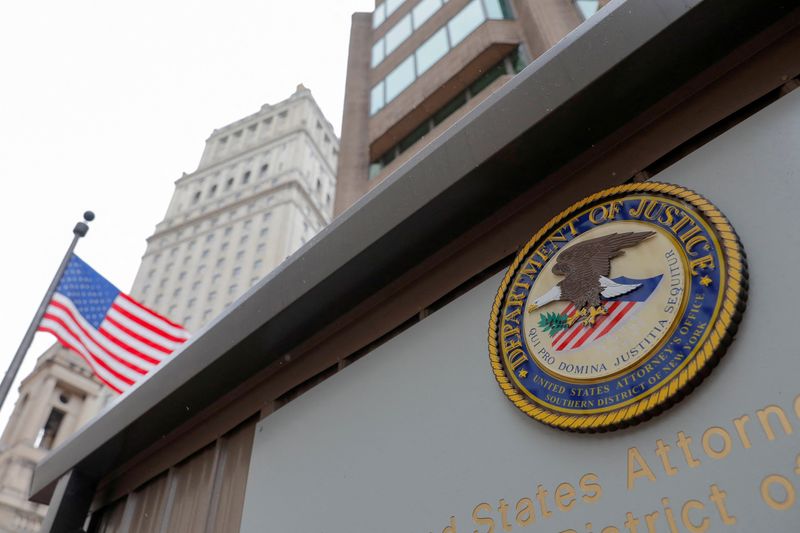By Simon Lewis
WASHINGTON (Reuters) -The United States imposed new sanctions and visa bans on Georgians on Monday, including financial sanctions on two government officials and two members of the country’s pro-Russian far-right movement Washington says were involved in violent crackdowns on protests.
Large street protests erupted in Georgia in the spring over a "foreign agent" law the South Caucasus country's parliament passed in May despite criticism, including from U.S. officials, that it was Kremlin-inspired and authoritarian.
The U.S. Treasury Department said in a statement that the financial sanctions targeted Georgia's Chief of the Special Task Department Zviad Kharazishvili and his deputy, Mileri Lagazauri, who oversaw security forces that violently suppressed the protests.
"The violence perpetuated by the Special Task Department included the brutal beatings of many attendees of the non-violent protests against the new foreign influence law, including Georgian citizens and opposition politicians," the Treasury said.
It added that Kharazishvili was personally involved in the physical and verbal abuse of protesters.
Also targeted were Konstantine Morgoshia, founder of media company Alt-Info, and associated media personality Zurab Makharadze, Treasury said, accusing them of amplifying disinformation and spreading hate speech and threats.
The State Department also imposed new visa restrictions on more than 60 Georgians it said were responsible for undermining democracy as well as their family members.
They included government officials, business leaders and members of law enforcement involved in beating protesters, Secretary of State Antony Blinken said in a statement, without naming those hit with the bans.
The Biden administration has previously imposed visa bans on members of the Georgian Dream party, members of parliament, law enforcement and private citizens over the law and the protests.
The dispute around the foreign agents law was seen as a test of whether Georgia, for three decades among the more pro-Western of the Soviet Union's successor states, would maintain its Western orientation or move closer to Russia.

Georgian Dream, which controls parliament, said the legislation was needed to ensure transparency in foreign funding of NGOs and protect the country's sovereignty.
Washington has long criticized the law and launched a review into bilateral cooperation with Georgia.